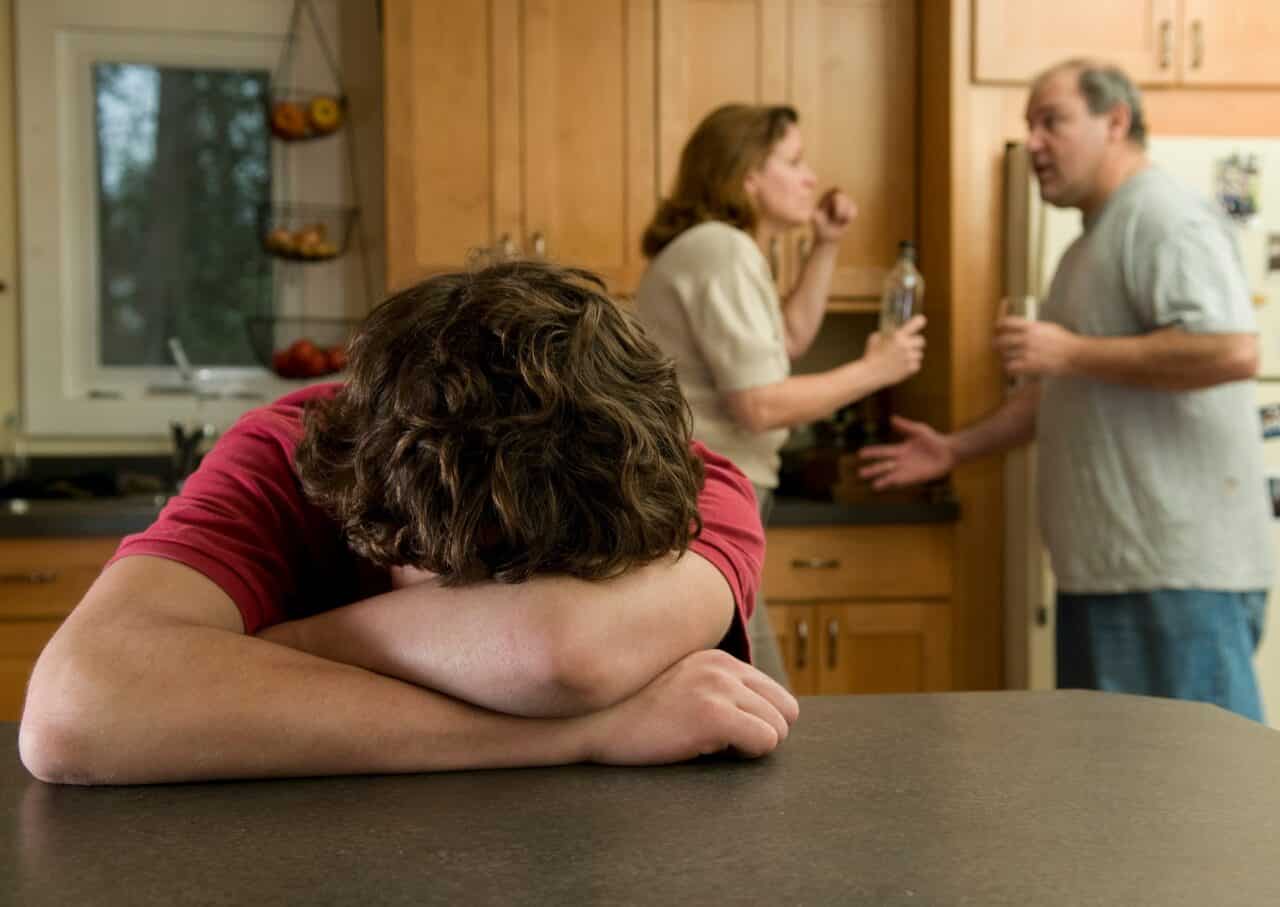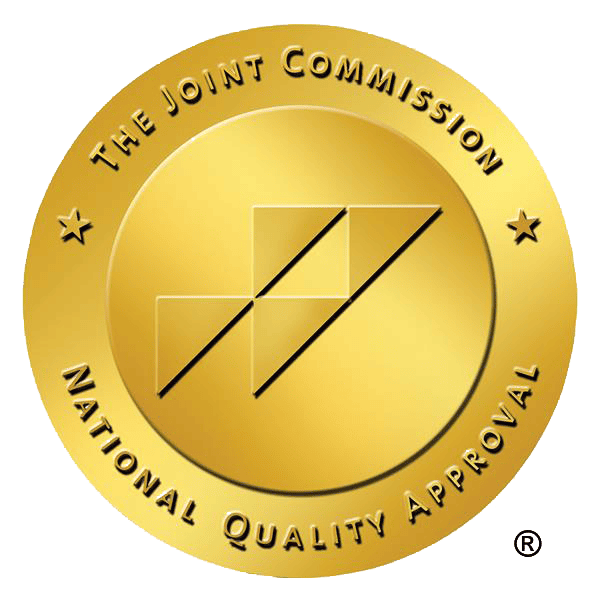At The Prairie Recovery Center, we recognize the significant impact of addiction on families. Our Austin Family Therapy for Addiction program acknowledges the crucial role families play in addiction recovery. By involving families in treatment, we aim to enhance outcomes and support the recovery journey for all. Discover our comprehensive family therapy, support groups, and workshops tailored to the needs of families affected by addiction.
Addiction and the Family
Addiction is widely recognized as a “family disease.” All members of the family are impacted in some way by the presence of substance use in the home. Maybe parents are worried about their children overdosing or getting into serious trouble while under the influence.
A child may have to fill the caretaker role as they watch their parent struggle with alcoholism or drug addiction. Maybe the parent cannot string together more than a day or two of consistent sobriety. And end up losing their job as a result. There are many ways in which addiction affects the family unit.
How the Family Is Impacted by Addiction
Active addiction impacts the family in several ways. Communicating clearly and intentionally becomes far more difficult. Family members seemingly butt heads constantly, yelling more frequently. Doors are slammed, and tears are shed. Consequently, what was once a peaceful household has turned into an all-out warzone. Damaged family dynamics must be addressed for peace and harmony to be restored. Fortunately, reputable treatment centers frequently offer family programs.
An article published by Social Work in Public Health titled “The Impact of Substance Use Disorders on Families and Children: From Theory to Practice” states, “The family remains the primary source of attachment, nurturing, and socialization for humans in our current society. Therefore, the impact of substance use disorders (SUDs) on the family and individual family members merits attention. Each family and each family member is uniquely affected by the individual using substances, including but not limited to having unmet developmental needs, impaired attachment, economic hardship, legal problems, emotional distress, and sometimes violence being perpetrated against him or her.”
Regardless of how addiction impacts families, all members of the family must heal for long-term recovery to be achieved. At The Prairie Recovery Center, we provide the loved ones of our clients with the specialized attention they need to begin their healing journeys during our family program in Austin.

The Role of the Family in Addiction Recovery
What role does the family play in the addiction recovery process? Family members fill different roles, though they might remain unaware of how active addiction affects them. For example, a family member might begin filling the role of the Enabler. Whereas, they attempt to protect their addicted loved one from the consequences of his or her substance use. Unfortunately, continuously rescuing a person might prevent them from hitting a bottom that would facilitate necessary change.
Furthermore, the family plays many vital roles in the transitionary period between active addiction and recovery. Examples of how family members are instrumental in the recovery process include:
- Intervening if a crisis is occurring. For example, if a person is at immediate risk of a life-threatening overdose, their family members might need to intervene to get them into treatment. This might look like staging a professional intervention.
- Advocating for the needs of their loved one throughout the treatment process.
- Helping their loved one stay the course once treatment concludes, helps to hold them accountable. And also, helps them stick to their aftercare plan.
Family Therapy
Clients and their loved ones participate in various evidence-based therapies in individual and family therapy settings. Licensed therapeutic professionals with combined decades of hands-on experience facilitate all therapeutic sessions.
Our Austin family therapy for addiction includes cognitive-behavioral therapy (CBT) and dialectical behavior therapy (DBT). CBT helps clients and their family members develop new coping mechanisms, build healthy communication skills, and constructively work through dysfunction. Whereas, DBT is an evidence-based therapy focused on self-regulation techniques and stress management strategies.
Key Components of Family Counseling
Building a Supportive Environment
In the realm of family counseling for addiction, creating a supportive environment stands as a cornerstone. At The Prairie Recovery Center, we understand the power of solidarity within a family unit. Our Family Program is designed to nurture this sense of unity. Thus, providing a safe and non-judgmental space where every member feels valued and understood. Family therapy in Austin, particularly within our center, emphasizes the importance of a supportive environment. Here, families begin to heal.
By engaging in family therapy for addiction in Austin, families embark on a transformative journey. We guide them through the complexities of addiction. Thereby, helping each member to see the impact it has not just on the individual but on the familial dynamics as well. Our approach to family therapy at The Prairie Recovery Center ensures that every voice is heard. Moreover, it fosters a collective resilience that becomes the bedrock for recovery.
Enhancing Communication Skills
Another pivotal aspect of family counseling is the enhancement of communication skills. Within the Austin Family Program, we place significant emphasis on developing effective communication strategies. This aspect of family therapy is crucial, as it aids families in breaking down walls of misunderstanding and mistrust that addiction often builds.
Through our tailored sessions in family therapy for addiction in Austin, we introduce techniques that encourage open dialogue and honest expression of feelings. We believe in equipping families with the tools they need to navigate difficult conversations. Therefore, ensuring they can maintain this new level of communication beyond our program. Our goal in family therapy is to transform the way families interact, making communication a pathway to healing rather than a barrier.
Finally, by strengthening the family unit’s ability to communicate effectively, we empower them to tackle the challenges of addiction together. Our commitment is to provide comprehensive family counseling that addresses not just the symptoms but the root causes. Hence, paving the way for sustained recovery and a future of supportive, open family relationships.

Our Austin Family Program
At The Prairie Recovery Center, we understand the critical role family therapy for addiction in Austin plays in achieving long-term recovery. Austin family therapy for addiction is more than just a service. It’s a pathway to healing for families torn apart by addiction. Here’s how we embrace and enhance family counseling for addiction within our Family Program.
Our Family Program is designed to create a safe and non-judgmental space where issues can be discussed openly. We emphasize the importance of creating an environment where each member can express their feelings without fear of blame or criticism. This approach has proven essential in breaking down barriers and promoting a deeper, more meaningful dialogue among family members.
Moreover, education plays a role in our family therapy at The Prairie Recovery Center. We equip families with the knowledge and skills needed to understand the nature of addiction, its impact on relationships, and the journey toward recovery. Through workshops and interactive sessions, families gain insight into effective communication strategies, coping mechanisms, and ways to support each other on the path to healing.
A weekly, 2-hour support group for family members is included with treatment, along with weekly family or couples therapy and a monthly intensive workshop for families that takes place over a designated weekend.
In our commitment to delivering the best family therapy for addiction in Austin, we continuously evolve our methodologies to incorporate the latest research and best practices in the field. Our team of highly educated and caring staff goes above and beyond to ensure that each family embarks on a transformative journey towards recovery, unity, and resilience.




